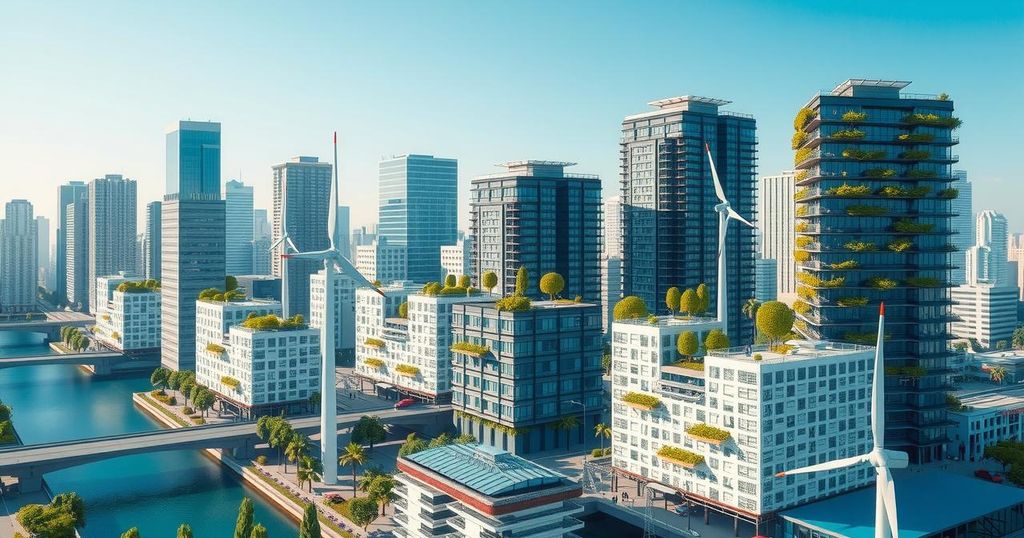Pakistan Urges Flexible Financial Support for Climate-Resilient Infrastructure

Pakistan’s Prime Minister Shehbaz Sharif calls for flexible financial aid to build infrastructure that can withstand climate change impacts. He indicates that without such assistance, meaningful climate adaptation will be unattainable. The nation, requiring $40–50 billion annually until 2050, struggles to recover from the devastating economic impact of recent floods and climate disasters.
At a recent climate change conference in Islamabad, Pakistani Prime Minister Shehbaz Sharif emphasized the necessity for developing nations, particularly Pakistan, to secure “flexible” financial assistance to construct infrastructure resilient to climate change. He asserted that the absence of such support hinders the opportunities for climate adaptation and green transformation. Despite contributing less than 1% to global climate change, Pakistan faces significant adverse effects, necessitating substantial investment.
Pakistan has been notably impacted by climate change, facing recurrent natural disasters, including severe floods and prolonged droughts. The country is projected to require annual investments ranging from $40 billion to $50 billion until 2050 to adequately address climate challenges. The economic repercussions of a catastrophic flood in 2022 resulted in the loss of thousands of lives and economic damages totaling approximately $30 billion, illustrating the urgency of climate action.
In conclusion, Pakistan is actively seeking comprehensive financial support to enhance its capabilities in combating climate change. The Prime Minister’s call for flexible financing highlights the challenges faced by developing nations. With insufficient funds following the recent pledges made during international conferences, the need for effective financial allocation remains critical for fostering resilience and ensuring sustainable development in Pakistan.
Original Source: www.aa.com.tr






